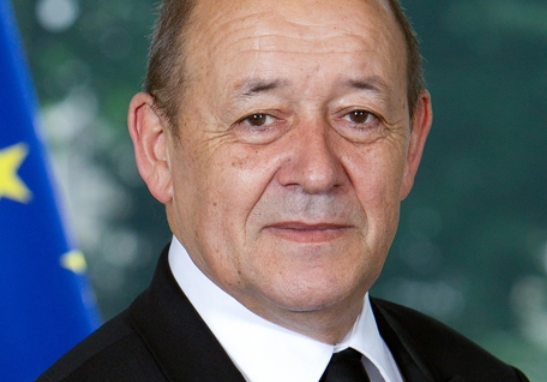By Faisal Jalloul for Al-Monitor. Any opinions expressed are those of the author, and do not necessarily reflect the views of Libya Business News.
French Defense Minister Jean-Yves Le Drian (pictured) has constantly warned against the increasing presence of extremist organizations and movements in southern Libya and about the area turning into a safe haven for groups the French army expelled from northern Mali last year.
Senior US officials and some military leaders, like Gen. David Rodriguez, the US military commander in Africa, also warned against this “unprecedented” phenomenon.
Moreover, regional warnings [concerning the movement of groups] have been issued by Egypt, Algeria and Tunisia. Reportedly, Mokhtar Belmokhtar, an [Algerian] jihadist who settled in north Mali before moving to south Libya, executed the Amenas operation in south Algeria [in which an al-Qaeda-linked group affiliated with Belmokhtar took expat hostages at the Tigantourine gas facility in January 2013].
Tunisian authorities believe that there are strong links between Jebel ech Chambi militants and the supporters of the Islamic State (IS) in south Libya. In Egypt, information indicates that terrorist groups in Sinai have received training and weapons in Libya.
Although Le Drian classified this phenomenon as the “most dangerous” because it goes against “the international system and its values,” no one has responded to his call for a quick military intervention in Libya.
This includes French President Francois Hollande, who rejected the option for military intervention in Libya in an interview last Monday [Jan. 5]. This means that the “unprecedented phenomenon” is likely to expand and shake the stability of the Maghreb, which has not yet been marred by the “creative and destructive” chaos sweeping the Middle East.





